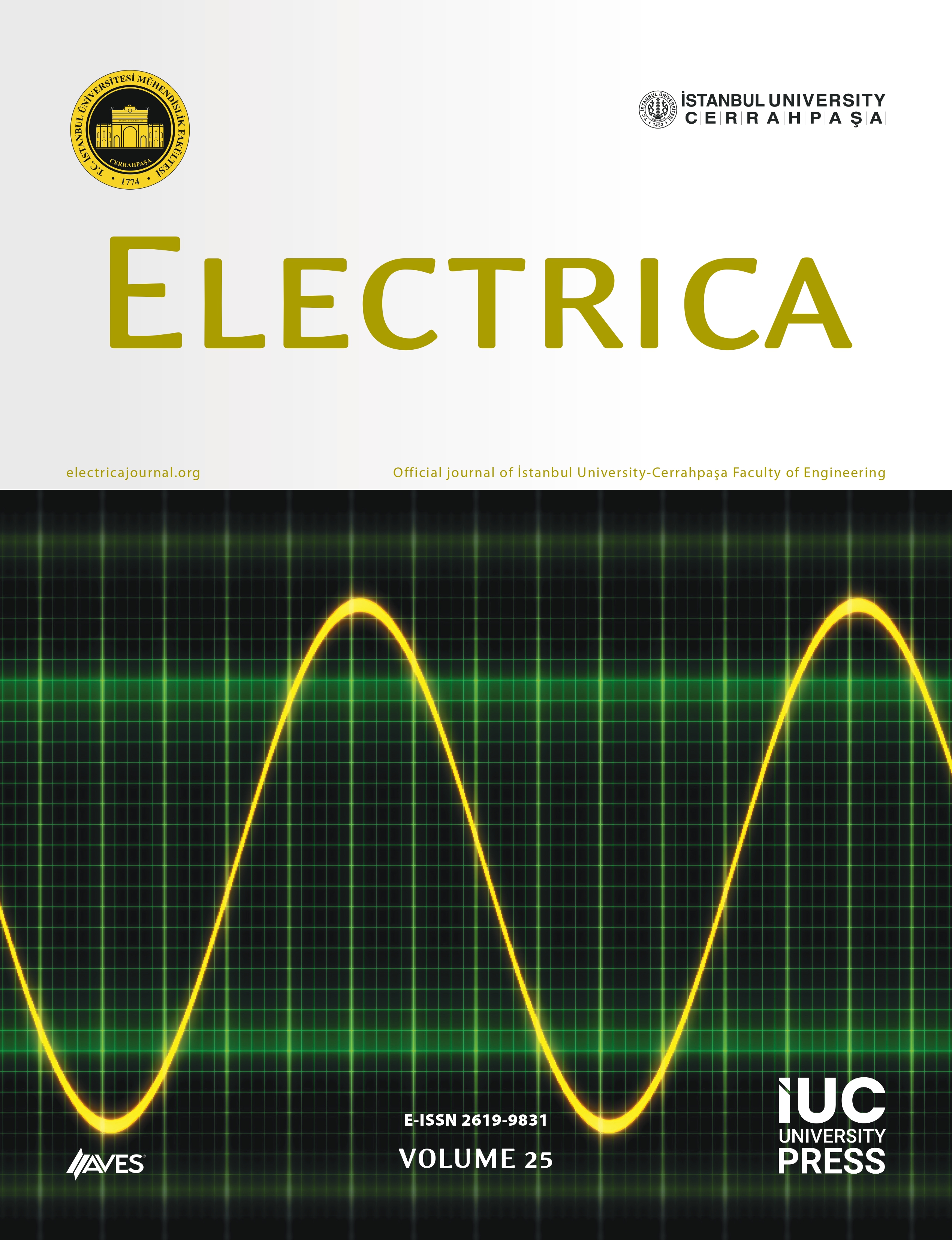Electrical vehicle technology offers promising solutions to ensure fuel saving and emission reductions. A brushless DC (BLDC) motor drive in the electric rickshaw is the most attractive in the current scenario, due to the inherent operation of the motor in the forward and reverse directions. In this paper, a 48 V, 1 kW BLDC motor drive with a DC generator loading arrangement is tested under different running conditions, and the speed, power, and torque characteristics are presented. A DC–DC boost converter is introduced in the system in order to minimize the voltage rating and size of the battery source. The boost converter with dSPACE controller maintains a 48 V DC-link voltage, irrespective of battery voltage conditions, in closed-loop control. The proportional-integral (PI) control for the boost converter is constructed in the MATLAB environment and provides a control signal to the power electronics switches through the dSPACE controller. There are no additional circuits for the PI controller in the boost converter. The simulation is performed in the MATLAB environment with 24 V battery, a boost converter, and a 1 kW BLDC motor drive. An experimental setup is provided with a dSPACE controller, and the results are presented, to validate the effectiveness of the drive system in forward and reverse motoring. The overall efficiency of the drive system is 83% at rated condition.
Cite this article as: R. Amalrajan and R. Gunabalan, "Performance analysis of boost-converter-Fed BLDC motor drive with motoring and braking operation for electric rickshaw application," Electrica., 22(2), 301-312, 2022.



.png)

.png)